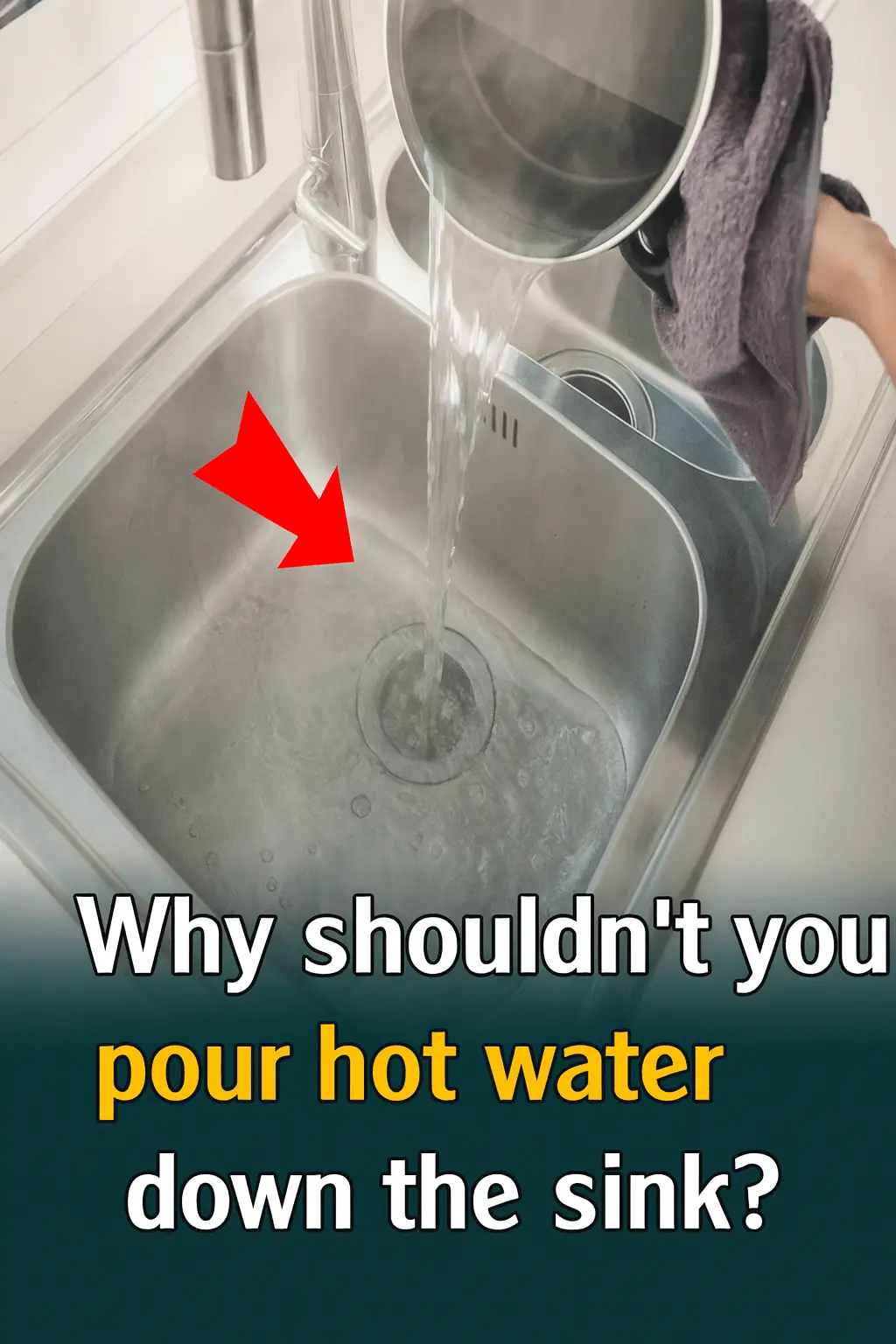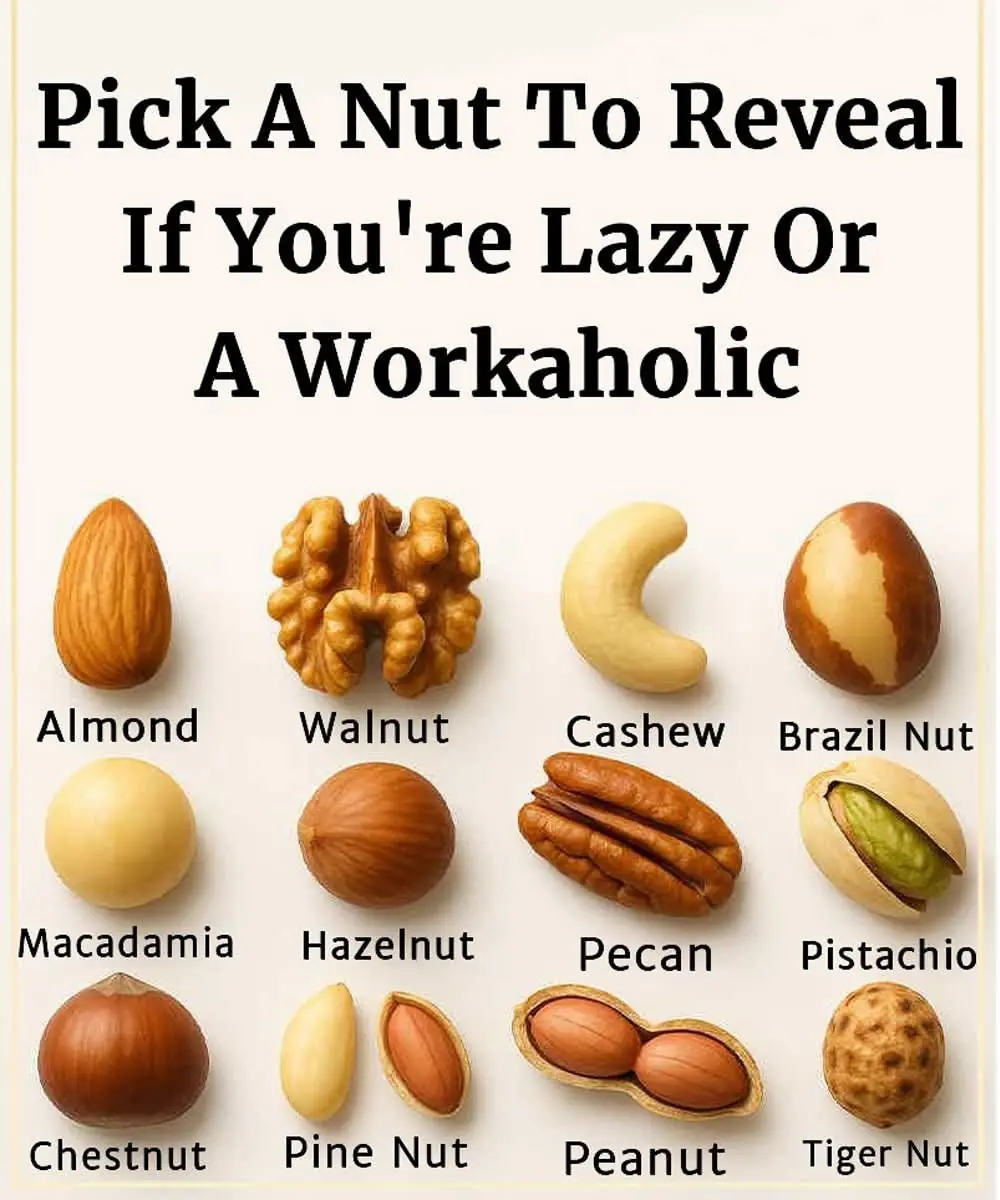
Why You Shouldn’t Pour Hot Water Into the Kitchen Sink

Many people believe that pouring hot water into the sink helps remove grease and unclog drains. However, this habit can actually cause several problems.
The Effects of Pouring Hot Water Into the Sink
1. It Accelerates Pipe Aging
Most kitchen drainpipes are made of plastic. Although some types of plastic can withstand heat, repeatedly pouring boiling water down the drain can cause the pipes to age much faster than normal.
As the pipes deteriorate, you’ll likely face more frequent repairs or even have to replace them entirely, increasing maintenance costs.
2. It Can Warp or Crack the Pipes
Not all drainpipes are made of the same quality materials. If your home uses PVC pipes, be cautious — these pipes generally cannot tolerate temperatures above 60°C (140°F).
Meanwhile, boiling water or vegetable blanching water can reach 90–100°C (194–212°F). When such hot water is poured into the sink, it can cause the pipes to deform, warp, or even crack over time. This may lead to water leakage, kitchen cabinet damage, and unpleasant odors.
How to Remove Grease from Drainpipes Safely
Instead of using hot water to clear grease buildup or unclog drains, consider these safer methods:
-
Never pour oil or grease into the sink. When hot, grease is liquid, but as it cools, it solidifies and sticks to the inner walls of the drain, causing blockages and bad smells.
-
Use enzymatic drain cleaners. These products contain dissolving enzymes that can emulsify and break down grease, preventing it from forming thick layers inside the pipes.
-
Apply regularly. Enzymatic cleaners can flow through the entire pipe length and remove buildup effectively while also killing bacteria.
Before using any cleaning product, read the instructions carefully and choose those from reliable brands with clear ingredient lists to ensure safety for both your plumbing system and your health.
News in the same category


12 Signs She Has a Lot of Experience with Men

Why Natural Beauty Deserves More Appreciation

When a Woman Stops Loving: Recognizing the Signs and Taking Care of Yourself

The Romantic Rituals of Seahorses: A Morning Dance of Devotion

The Gentle Side of the King: How Lions Pretend to Be Hurt to Teach and Empower Their Cubs

Why Do Humans Kiss, and What Happens When We Do It?

Discover Love in the Little Things: Everyday Connections

The shape of your fingertips reveal your true personality

The Secret of Our Hands: Does It Reveal Wealth or Poverty?

The reason dogs often chase people

The Little Bow on Women’s Panties: More Than Just a Pretty Detail

The Meaning of the Main Lines of the Hand

Baby Gorilla Skeletons Show Striking Similarities to Human Infants, Scientists Explain

What’s the Purpose of That Tiny Hole in a Safety Pin?

Pick a nut and uncover if you’re lazy or a workaholic

10 Rude Habits That Could Actually Be Signs of Intelligence

Most People Don’t Realize What a Mouth Piercing Means … Check 1st comment
News Post

WHAT HAPPENS WHEN WE TONGUE KISS…See more

Nature’s Secret: 4 Healing Leaves That Support Metabolism, Immunity & Circulation Naturally

Don’t Drink Coconut Water Before You Know These 11 Secrets!

Pumpkin Seed Milk — The Natural Parasite Cleanser

Fast Rice Water Trick for a Brighter Smile

Morning Drink to Revive Your Kidneys Fast

The Onion Recipe That Could Transform Your Blood Sugar, Support Cleaner Arteries, and Protect Your Heart!

Top 4 Fruits That Help Your Kidneys Flush Out Toxins While You Sleep

Ginger, Clove, and Honey: The Natural Trio Your Body Will Thank You For

Heal 15 Years of Joint Pain Naturally with Turmeric and Honey Tea

This Juice Revived My Grandma’s Energy — Say Goodbye to Fatigue and Body Pain with This Natural Recipe

The Benefits of Eating 2 Boiled Eggs Every Morning: Transform Your Health!

If Your Kidneys Are in Danger, Your Body Will Send You These 8 Signals — Don’t Ignore Them

The Surprising Effects of Avocado on Your Heart and Brain

Ways to Get Over a Man Who Didn’t Value You

I’m 66 but Look 36 — My Secret? Aloe Vera & Ginger for Firm, Smooth Skin

How to Make Okra Water to Treat 17 Health Problems Naturally

Banana and Egg Mask to Look Younger Even in Your 80s

Scent Leaf Secrets Unveiled: 10 Surprising Health Benefits of This Miracle Herb
